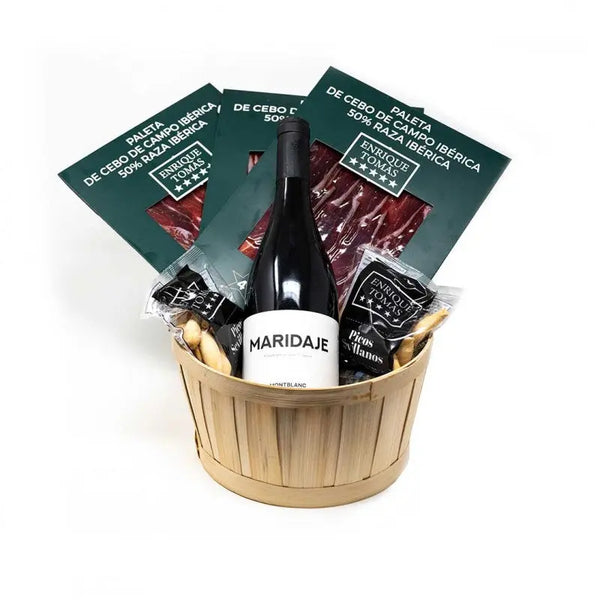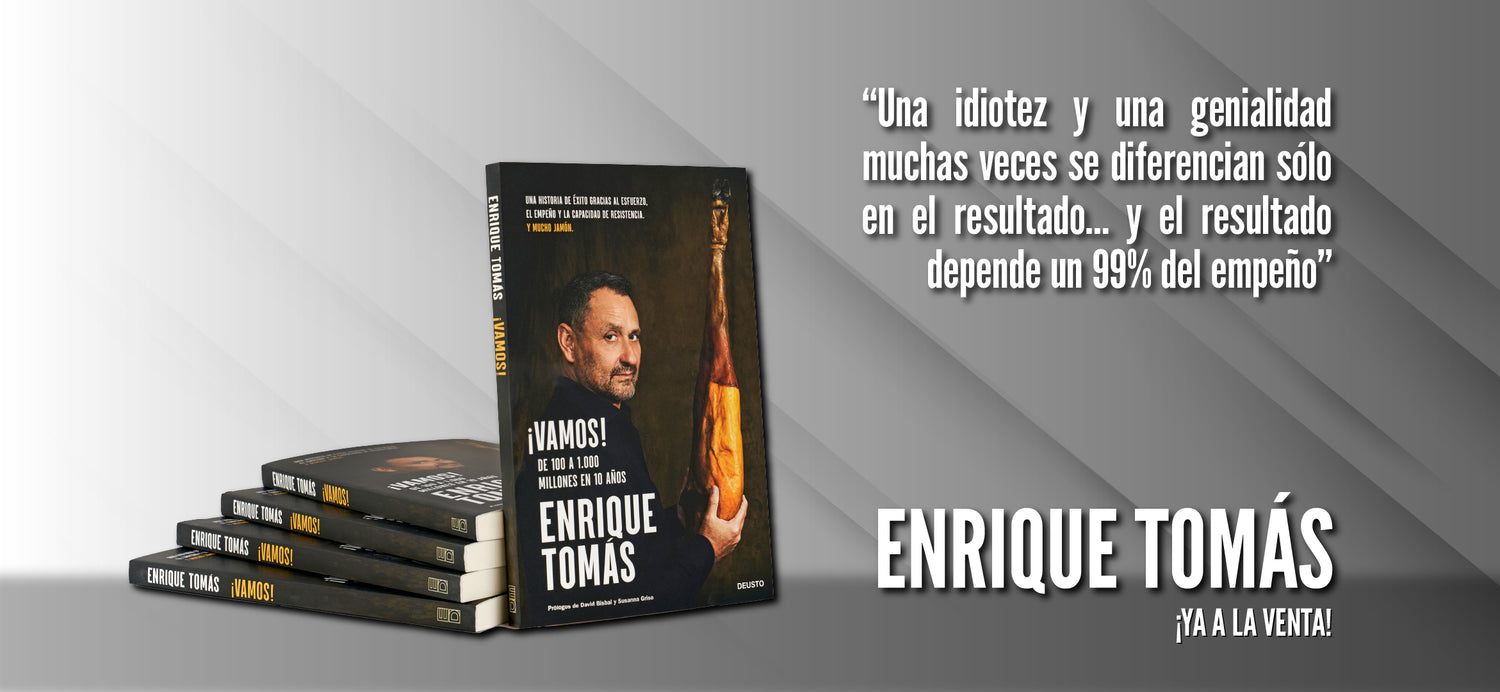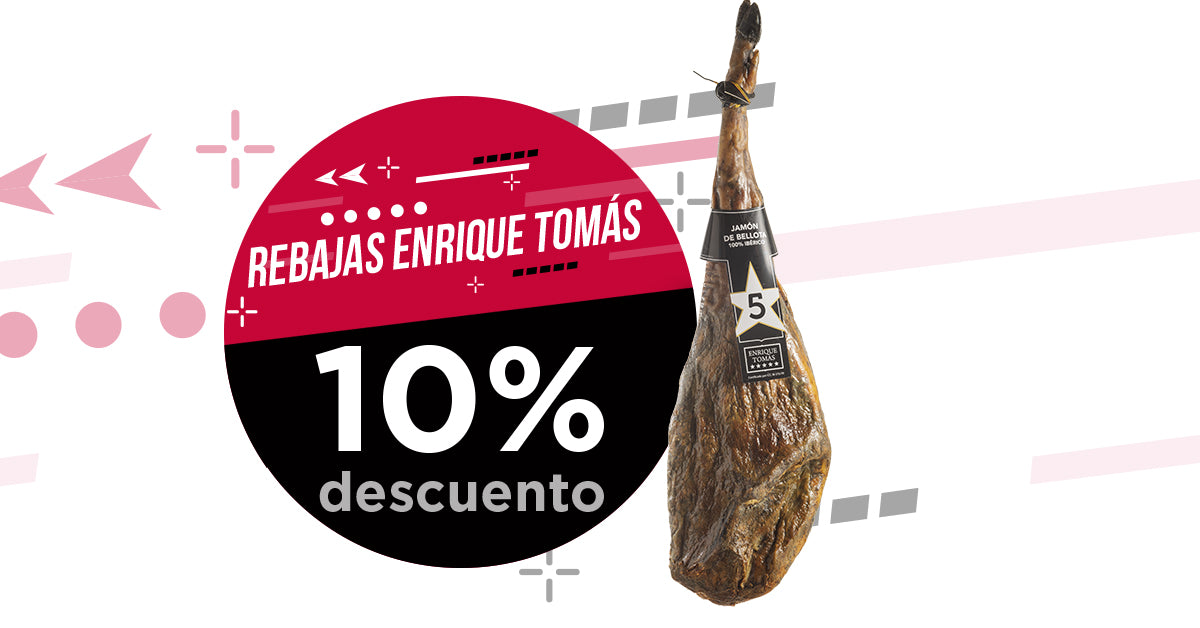
Can I eat Iberian ham when pregnant?
If you've recently become pregnant, you've probably heard that during pregnancy, it's advisable to avoid all types of cold cuts, no matter how much you like them. But, What about ham? Can you eat Iberian ham during pregnancy? The truth is that it's not recommended, and at Enrique Tomás, we'll explain why.
Let's get started!
Why is it not good to eat ham during pregnancy?
Expecting mothers need to take great care of their health during pregnancy, not only for themselves but also for the baby on the way. The reason for this is that some diseases that might not affect a normal person can become dangerous during the nine months of pregnancy, and toxoplasmosis is one of them.Toxoplasmosis is a disease caused by a parasite found in raw, semi-raw, or smoked meat. Although any woman can contract it at a certain point in her life without even noticing it, being exposed to it during pregnancy is risky due to the potential risks both for the mother and the baby.
To prevent the parasite that causes toxoplasmosis from entering the body, expectant mothers pay close attention to their diet because contracting such a disease could affect them and seriously harm the baby's health.
The baby can suffer from congenital toxoplasmosis as a result of this, which can lead to symptoms ranging from fever to deafness, among many other problems and ailments.
During the early weeks of pregnancy or when a woman is trying to conceive, she undergoes a blood test that reveals what antibodies she has and which ones she doesn't, helping identify potential complications she might be more susceptible to.
If a woman has lived with cats throughout her life, she's likely to have the antibody that protects against toxoplasmosis, but this isn't always the case. If you find yourself in the opposite situation, you need to avoid raw, semi-raw, or smoked meats, water with unknown potability, and handling cat feces without protection.
It's worth noting that in many cases, what people do to continue enjoying Iberian ham during pregnancy, whether it's from grain-fed or acorn-fed pigs, is to freeze it. However, although the chances of contracting toxoplasmosis after freezing are minimal, the risk still exists. It's better to be safe than sorry, so it's advisable to set aside ham during this time.
Once your little one is born, you can enjoy it again, so don't worry; it's only temporary!

And, what about cold cuts?
Iberian chorizo, salchichón, or loin go through a curing process rather than cooking, and, like Iberian ham, these products are cured in drying rooms. As a result, the parasite responsible for toxoplasmosis can also be present in these delicacies, so it's best to avoid them.It's important to note that many people might consider freezing as a solution, but since the risk of contracting the parasite doesn't completely disappear, it's best to set aside both cold cuts and ham during these months. However, this doesn't mean you have to give up cold cuts entirely.
While it's true that it's not the same, you can prepare sandwiches with cooked ham and cheese, as long as it's not mozzarella, feta, or any other fresh cheese. Although it won't be the same experience, it's better to err on the side of caution. So, can you eat Iberian ham during pregnancy? It's better not to, for both your health and the baby's well-being.
Taking care of both of you is important!






